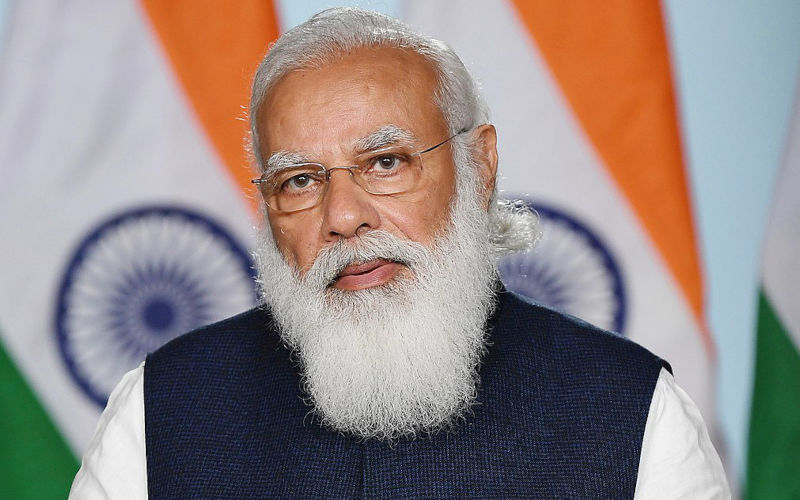After predicting confidently that it would win more than 400 seats in Indian national elections, the results of which have just been declared, Narendra Modi’s BJP and its allies have received something of a shock, with indications being that the alliance would win around 290 seats in all.
In the last election, in 2019, the BJP alone won 303 seats. Anything more than 272 seats would give the BJP and its allies a third term in power as expected. It remains to be seen whether the bombast has fully gone out of Modi’s sails, or whether he will continue spreading the kind of falsehoods which were used during the campaign.
The BJP and its allies had alleged while campaigning that the opposition would hand over the nation’s resources to Muslims if it won.
Modi cannot run for office again, as per the rules of his own party which has a maximum age of 74 for candidates. Had the BJP and his allies won 400+ seats as they were predicting, Modi may well have tried to change the rules and extend his rule.
But with the prime minister now dependent on his allies for a majority, it is doubtful if he will try to change the rules.
That is no reason for secular-minded Indians to rejoice. Yogi Adityanath, the chief minister of Uttar Pradesh, the most populous state, has long been considered the man most likely to take over from Modi. He is, if anything, more inclined to follow the path of Hindu fundamentalism which Modi has chosen.
There are numerous reasons why the government has gone backwards, depending on the region of the country. Under Modi, India has regressed in many democratic indices, such as freedom of press. The prime minister is yet to call a single press conference, despite having been in office for a decade.
The increasing tendency of the government to interfere in affairs outside India’s borders – such as the alleged assassination and assassination bid on separatist leaders in both Canada and the US – has also not served to boost confidence in the government.
The government’s bid to use Hindu fundamentalism to bolster its vote-count has not had the expected results. Modi himself consecrated a temple in Ayodhya, built on the ruins of a mosque that was demolished by activists in 1992. But the government candidate in Faizabad, the seat in which Ayodhya is located, failed to win.
There will be numerous analysts who will look at the results and come up with various explanations as to why the BJP did not gain a majority on its own this time. Given that India is an extremely complicated country, one analysis will be as good as the next.
Modi will not be a factor next time around, but that does not mean the BJP and its allies will fail to win in 2029. Indian elections cannot be predicted with any degree of certainty; the only thing that is certain is the uncertainty.
Sam Varghese is an Australian of Indian origin who has lived in the country for nearly 26 years. He has worked as a journalist for more than 40 years and currently writes for the tech website iTWire. He has worked for the Deccan Herald and Indian Express in India, Khaleej Times in the UAE and Daily Commercial News (now defunct) and The Age in Australia.

